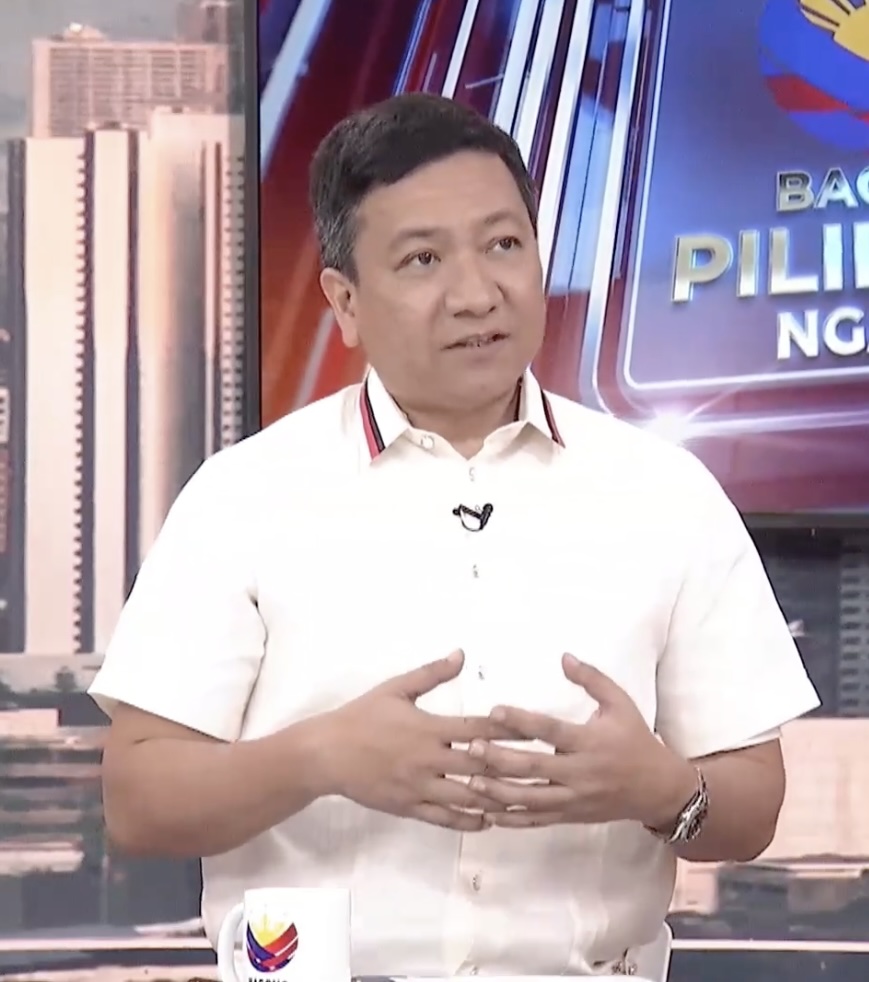'Balikatan-like' military exercise between PH, Japan eyed with swift progression of RAA

The Philippines and Japan are expected to hold a military exercise similar to "Balikatan", a prominent drill between the Philippines' and United States' militaries, once the proposed Reciprocal Access Agreement (RAA) is finalized.
National Security Council (NSC) Asst. Director General Jonathan Malaya said the negotiation for the RAA between Manila and Tokyo is expected to be completed "next year or earlier."
"In Philippine analogy, [RAA] is more of a Visiting Forces Agreement where our troops can go to Japan to do drills and trainings and the Japanese soldiers can come to the Philippines to do training like Balikatan exercises," Malaya said in a public briefing on Monday, Dec. 18.
The RAA is likened to the Philippines-US Visiting Forces Agreement (VFA) which provides legal basis and status protection for American military and defense personnel in the Philippines while on official business, including trainings like the annual Balikatan.
Last April, Japanese forces joined the biggest iteration of Balikatan training in Manila which saw the participation of more than 17,600 American and Filipino troops. However, the Japanese soldiers only acted as observers.
According to Malaya, the governments of the Philippines and Japan are keen on fast-tracking the establishment of RAA to boost the cooperation of each other's militaries amid the emerging security concerns in the Indo-Pacific region.
President Ferdinand Marcos Jr. and Japanese Prime Minister Fumio Kishida agreed to reach an early conclusion of RAA during the 50th Association of Southeast Asian Nations (ASEAN) and Japan Commemorative Summit in Tokyo.
"The two leaders are really accelerating the negotiation for this agreement. If we have an RAA, this really signals the increase in the partnership between the Philippines and Japan because our partnership with them will become strategic," Malaya said.
Malaya said the RAA, which could be the legal basis for the conduct of large military trainings between the AFP and the Japan Self Defence Force, will be beneficial in enhancing the country's national security and disaster response operations.
Marcos and Kishida also agreed to enhance the two countries' maritime cooperation by forging closer ties between its coast guards.
Malaya said this will help promote a rules-based international order in the Indo-Pacific region amid China's continued aggressive actions in the West Philippine Sea (WPS), the latest of which was the firing of a water cannon by a China Coast Guard vessel at Philippine supply boats during a resupply mission in Ayungin (Second Thomas) Shoal on Dec. 10.
China has overlapping maritime claims with Japan and the Philippines in the East and South China Seas, respectively.
"This means that our neighbors in the ASEAN region may not be as vocal but at this certain moment that the heads of state of ASEAN are together, they are united in essentially supporting the position of the Republic of the Philippines," Malaya said.